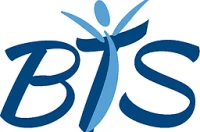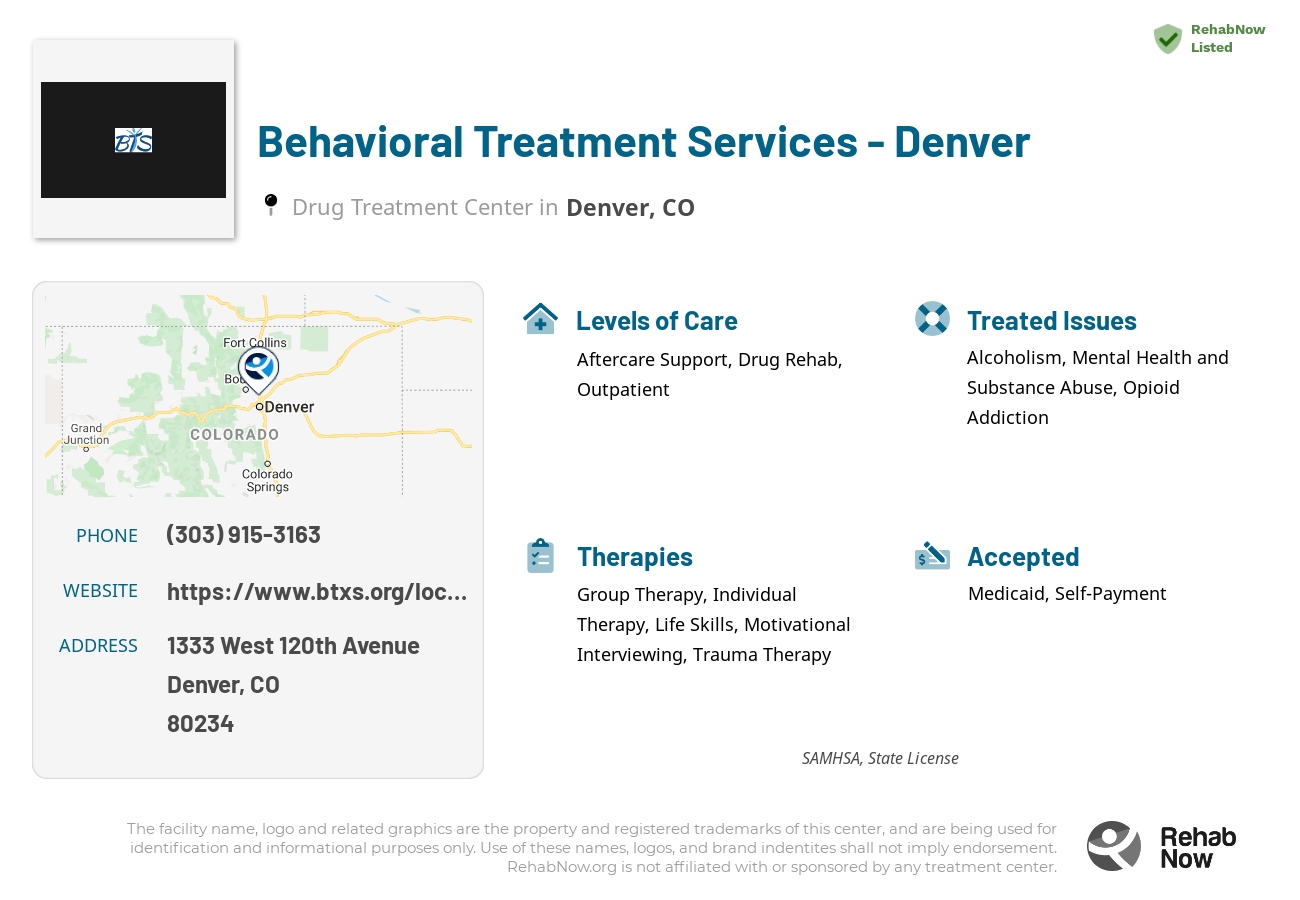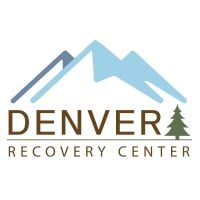Behavioral Treatment Services - Denver
Drug Rehab Center in Denver, Colorado
Behavioral Treatment Services - Denver is an addiction and substance abuse treatment facility offering a wide range of mental and behavioral health services, focused on providing comprehensive and individualized treatment plans for achieving long-term sobriety.
About Behavioral Treatment Services - Denver in Colorado
Behavioral Treatment Services - Denver is an Addiction Treatment Facility in Denver, CO that was established in 2014. This facility specializes in treating individuals suffering from alcoholism, dual diagnosis, opioid addiction, and drug addiction. They offer a range of services to cater to the needs of their patients, including aftercare support, drug rehab, and outpatient levels of care. Behavioral Treatment Services - Denver is accredited by the Substance Abuse and Mental Health Services Administration (SAMHSA) and holds a state license. As an affiliate of Behavioral Treatment Services, this facility is committed to providing comprehensive and effective treatment for addiction.
At Behavioral Treatment Services - Denver, individuals struggling with addiction and substance abuse can find the help they need. The facility offers a variety of services to address different types of addiction, including alcoholism, drug addiction, and opioid addiction. These services are tailored to meet the unique needs of each patient and are designed to promote lasting recovery. In addition to their primary treatment programs, they also provide aftercare support to help individuals transition back into their everyday lives after completing treatment. With their focus on outpatient levels of care, individuals seeking addiction treatment can receive the support and guidance they need while maintaining their daily responsibilities. Overall, Behavioral Treatment Services - Denver is dedicated to helping individuals overcome addiction and regain control of their lives.
Genders
Ages
Modality
Additional
Accreditations
State License
SAMHSA
Conditions and Issues Treated
Opioid addiction has become a significant health problem in the United States. When a person’s life becomes unmanageable because of an opioid addiction, treatment can help them get sober. Treatment includes medical care and counseling.
“With so many people struggling with opioid addiction, we need more care and attention for those who want to quit. Opioid addicts often take opioids when they experience a painful injury – that’s how the cycle starts! When someone begins taking their medication differently than prescribed or takes an excessive amount of drugs, it means they’re hooked on drugs and in danger of overdosing.
The most successful way to beat this is through detoxing from these types treatments at Behavioral Treatment Services - Denver in . Most facilities start by using medical support during the process while providing counseling services; rehabilitation comes later on after treatment has been completed successfully.
Levels of Care Offered
This center offers a variety of custom treatment tailored to individual recovery. Currently available are Aftercare Support, Drug Rehab, Outpatient, with additional therapies available as listed below.
Outpatient programs at Behavioral Treatment Services - Denver, the Denver resident can live with their family while continuing with their job or studies. Treatment includes educating the patient on drug abuse, medications, and counseling sessions at the individual or group level. Outpatient treatment plans cover diagnosis, detoxification, management, and counseling. They are a popular option for those who have graduated from inpatient facilities.
Without aftercare support, addicts can easily relapse back into addiction. It is crucial to integrate the addict back into society. Aftercare support should take place after outpatient treatment has ended.
There are a few different types of aftercare support that patients can seek after completing an inpatient treatment program:
- 12 Step Self-help groups (AA, NA)
- Therapeutic communities,
- Long-term, structured sober living arrangements
- Halfway houses (residential treatment centers)
Many different support groups exist for addicts to seek help after treatment. Some are more effective than others, depending on the person’s addiction, background, and other factors.
Therapies & Programs
Individual therapy is a form of counseling where you meet with a trained professional one-on-one. Meeting with a therapist in this setting allows for a personal and trusting relationship to be built. This allows the patient to open up about sensitive or private issues they may not feel comfortable discussing in a group. Individual therapy helps identify the root causes of your addiction, which can help prevent relapse.
Group therapy sessions are another common addiction recovery service. These group sessions typically involve six to 12 addicts who meet regularly with a trained professional for support and guidance.
During these sessions, the group shares their experiences with one another and provides feedback that can help each member avoid relapse or overcome specific obstacles they are facing in their recovery process. With this type of support and guidance, addicts can feel like they are part of a community that understands their struggles and will help them get through the hard times.
Many people struggling with drug addiction have experienced some form of trauma in their lives. It is crucial that these individuals seek out professional help; otherwise, their drug abuse and addiction will likely continue.
Therapists and counselors at drug treatment centers employ several treatment programs to help people struggling with drug addiction, including trauma therapy. Trauma therapy helps people dealing with addiction by allowing them to confront the traumas of their past and move past them.
It is important to note that trauma therapy should not be confused with PTSD (post-traumatic stress disorder). Rather, it is used to treat the effects of trauma, which are often at the root of addiction.
Cognitive Behavioral Therapy (CBT) focuses on the underlying thoughts and behaviors that caused the problem of addiction in the first place and may cause a relapse. Negative feelings are common in drug abuse disorders, but they can lead to co-occurring disorders if not recognized. CBT involves strategies that help to change the behavior pattern by restructuring negative thoughts into positive ones. It helps to remove these feelings, and it provides long-term benefits. Also, CBT promotes self-awareness and self-control. It can be administered as a monotherapy or as part of combination therapy.
CBT can improve the patient’s mood, reduce drug cravings and boost success rates on treatment plans. Regular practice can help individuals handle negative attitudes, thoughts, and feelings without turning to drugs or alcohol. The core belief of Cognitive Behavioral Therapy (CBT) is that one’s moods, behaviors, and actions are all connected. Individuals can improve their quality of life using CBT. It helps addicts understand the patterns of thought and feelings that cause them to use drugs or alcohol and develop a healthy response.
It’s not as simple as quitting drinking or using drugs and expecting the hard part to be over. Many addicts in recovery have discovered that they need to improve skills such as time management, organization, communication, socialization, and self-esteem. Learning certain life skills can help those who are struggling with addiction.
Payment Options Accepted
For specific insurance or payment methods please contact us.
Behavioral Treatment Services Associated Centers
Discover treatment facilities under the same provider.
- Center for Change - Lakewood in Lakewood, CO
- Center For Change in Boulder, CO
- Behavioral Treatment Services - Longmont in Longmont, CO
- Behavioral Treatment Services - Arapahoe Avenue in Boulder, CO
- Center For Change in Lakewood, CO
Learn More About Behavioral Treatment Services Centers
Additional Details
Specifics, location, and helpful extra information.
Denver, Colorado 80234 Phone Number(303) 915-3163 Meta DetailsUpdated November 25, 2023
Staff Verified
Behavioral Treatment Services - Denver Patient Reviews
There are no reviews yet. Be the first one to write one.
Denver, Colorado Addiction Information
The Centennial State has slipped to a ranking of 12th in the country for drug abuse. Each year around 24% of the state's population uses illegal drugs while nearly 5% of its population abuses alcohol. Substance-related deaths in Colorado were responsible for 15.12% between 2008 and 2017. Fortunately, Colorado drug and alcohol addiction treatment are available to help a person overcome addiction.
Drug addiction in Denver, Colorado, is quite serious. In 2012, there were 974 drug overdose fatalities in the area, which has likely only gone up in recent years. The city has an estimated 34,000 marijuana users reporting past-month usage in 2016. The most common drugs abused are methamphetamine, heroin, and marijuana. Some popular treatment options include inpatient rehab, outpatient rehab, and detoxification programs.
Treatment in Nearby Cities
- Louisville, CO (8.1 mi.)
- Black Hawk, CO (27.3 mi.)
- Aurora, CO (15.7 mi.)
- Centennial, CO (24.0 mi.)
- Fort Lupton, CO (15.5 mi.)
Centers near Behavioral Treatment Services - Denver
The facility name, logo and brand are the property and registered trademarks of Behavioral Treatment Services - Denver, and are being used for identification and informational purposes only. Use of these names, logos and brands shall not imply endorsement. RehabNow.org is not affiliated with or sponsored by Behavioral Treatment Services - Denver.












